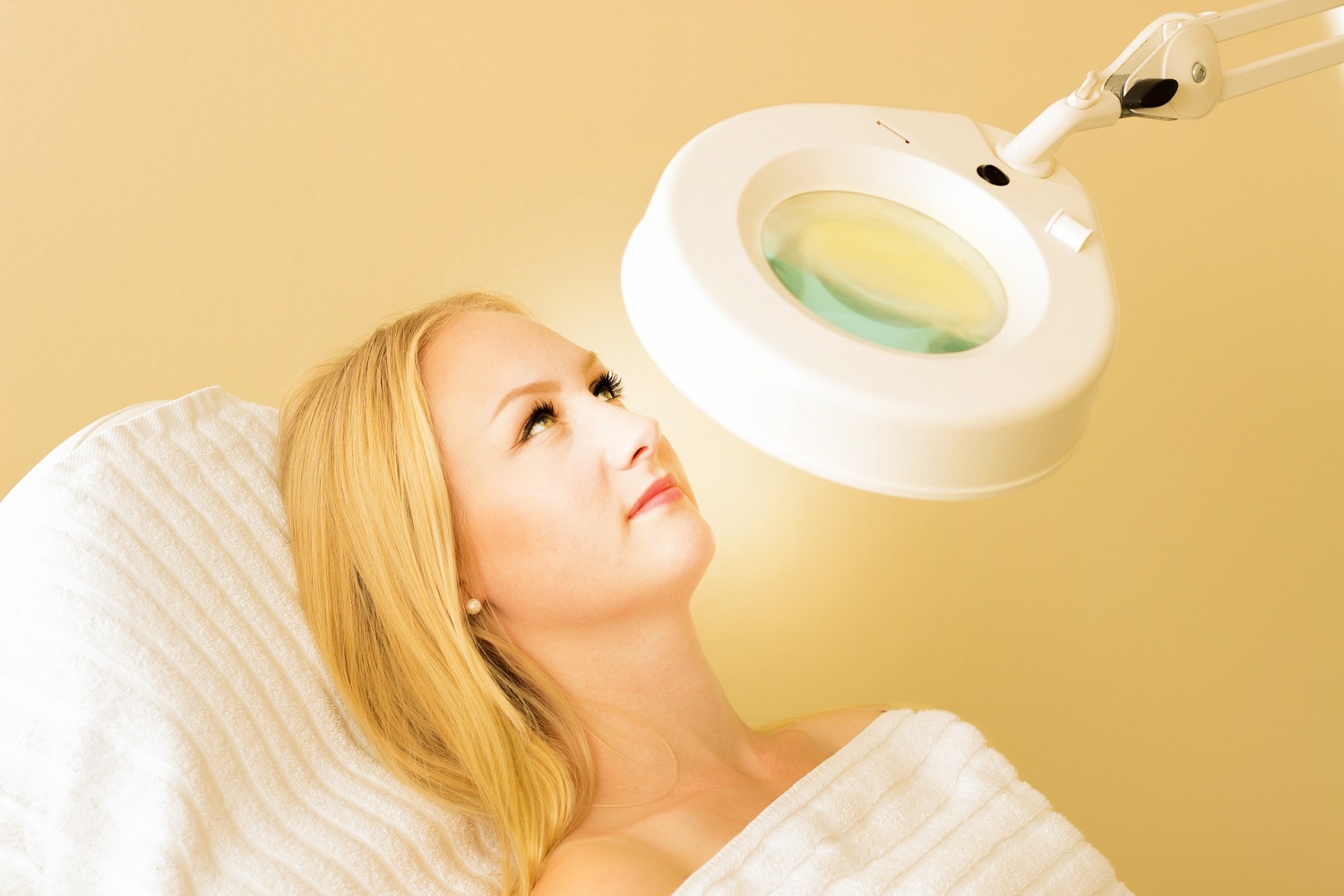
According to the American Academy of Dermatology, adult acne affects up to 50 million Americans every year and the number is steadily increasing. As this year has been very stressful thanks to Covid-19, that rise in number can be chalked up to stress-induced breakouts. When we are stressed, the level of cortisol, AKA the stress hormone, goes up and that leads to breakouts on the face and body. Board-certified dermatologist Dr. Claire Chang acknowledges this to Allure and shares that there has been a surge of patients complaining about face and body acne during this pandemic.
While benzoyl peroxide and salicylic acid have long been proven effective in treating acne, these ingredients don't work on everybody and are not the end-all in acne treatments. Using alpha hydroxy acids and retinol are also very effective, but those with sensitive skin suffer many side-effects. If your skin has stayed resistant to benzoyl peroxide and salicylic acid and you find acids are too harsh, below are alternative acne-fighting ingredients to consider in treating acne breakouts.
Probiotics
Board-certified dermatologist Dr. Whitney Bowe explains the imbalance of bacteria on the skin can lead to inflammation which then results in chronic skin conditions such as acne, psoriasis, eczema, and rosacea. The thing with benzoyl peroxide and salicylic acid is that they kill all bacteria on the skin and that, of course, includes good bacteria, and that may be causing the imbalance on the skin microbiome. For a healthy microbiome, you can take probiotic supplements. Bustle recommends Vitamin Bounty Pro 50 Probiotic with Prebiotics, Culturelle Digestive Health Daily Chewable or CodeAge Skin Probiotic. Board-certified dermatologic surgeon Dr. Dendy Engelman also tells Byrdie that adding a probiotic serum to your routine will help. She likes Orpheus Resurrection All-In-One Serum as it also has vitamin C to fight hyperpigmentation and wild indigo to reduce redness. Allure also suggests Aurelia Skincare The Probiotic Concentrate and Ellis Day Skin Science Wild Resilience Active Phage Serum.
Also read: Beauty Devices That Are Worth the Splurge
Thyme and Oregano
This combination has antimicrobial properties that help kill two of the major acne-associated bacteria - Propionibacterium acnes and Staphylococcus epidermidis. Dermatologist Dr. Hadley King shares that studies have shown that these types of bacteria have developed antibiotic resistance so it will help to find other acne-fighting ingredients to combat them. Try OSEA Blemish Balm or Innbeauty Project Pimple Paste Overnight Drying Paste.
Propolis and Honey
These bee by-products have antimicrobial, antibacterial and anti-inflammatory properties that have made them popular ingredients in Korean skincare for soothing and treating acne. Honey also helps in wound healing so it can also help heal acne and prevent scarring. K-Beauty cult favorite brand COSRX has their Full Fit Propolis skincare line, while Sephora carries different honey-infused skincare products like FARMACY Honey Halo Ultra-Hydrating Ceramide Moisturizer, WISHFUL Honey Balm Niacinamide Moisturizer, Innisfree Nourishing Cream with Ginger Honey and Kiehl's Pure Vitality Skin Renewing Cream with Red Ginseng Root and Manuka Honey.
Related article: Psychodermatology May Help You Reduce Stress-Related Breakouts